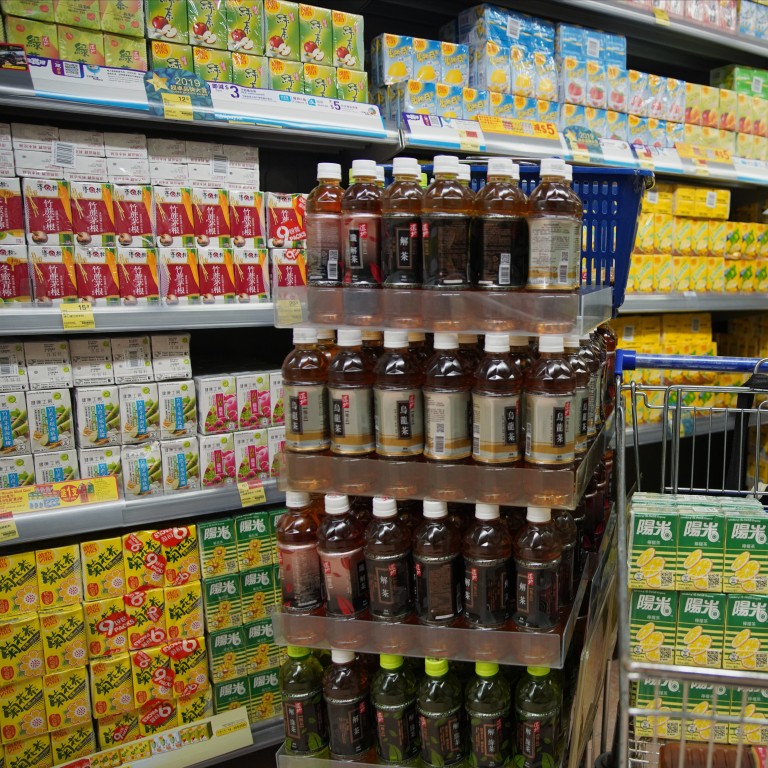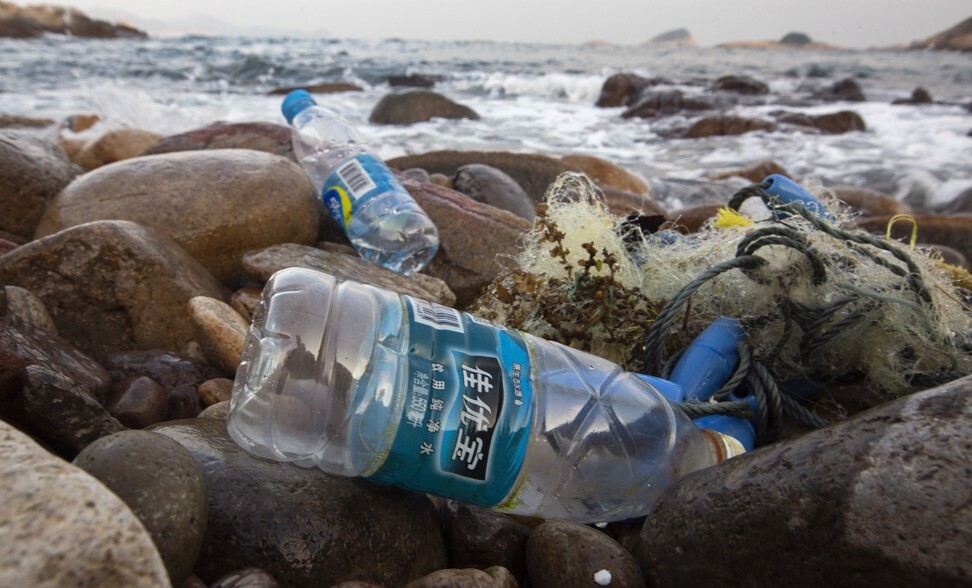
Letters | Low cashback value risks failure of Hong Kong’s plastic bottle return scheme
- The Environmental Protection Department’s proposed scheme has its merits, such as the emphasis on consumer convenience, but the rebate of 10 HK cents, far below those of similar schemes elsewhere globally, is far too low
My organisation, The Reloop Platform, detailed a HK$1 deposit scheme to the department, estimating return and recycling rates for this material would peak above 90 per cent within three years. Scotland is currently proposing a 20-pence scheme (around HK$2.10) and Germany and most of northern Europe have similar refund values.
Though the Environmental Protection Department’s proposal is a good template to build on, there are challenges and impediments to its success that need to be reassessed.

Most importantly, the draft design proposes a 10 HK cent rebate for consumers who return their containers, but this value is virtually meaningless to most Hong Kong consumers. In fact, this refund would be by far the lowest in the world.
This low rebate means that the scheme would fail to achieve its objective of removing plastic drink containers from the environment, i.e. consumers will simply continue to litter or at best dispose of empty drink containers to the city’s already exploding landfills.
The low rebate also jeopardises the financial viability of the scheme and risks it collapsing: the volume of containers being returned through the collection network and processing centres would be insufficient for recycling companies to justify any investment in the scheme.
NGO taking action to keep Hong Kong’s plastic waste under control
Hong Kong has a unique opportunity to establish a new scheme to virtually eradicate all drink containers from the litter stream and help reduce the burden on its already squeezed landfills. A couple of important changes to the current proposal would resolve these and deliver a drink deposit/refund scheme Hong Kong would be proud of.
Robert Kelman, director, Reloop Pacific

